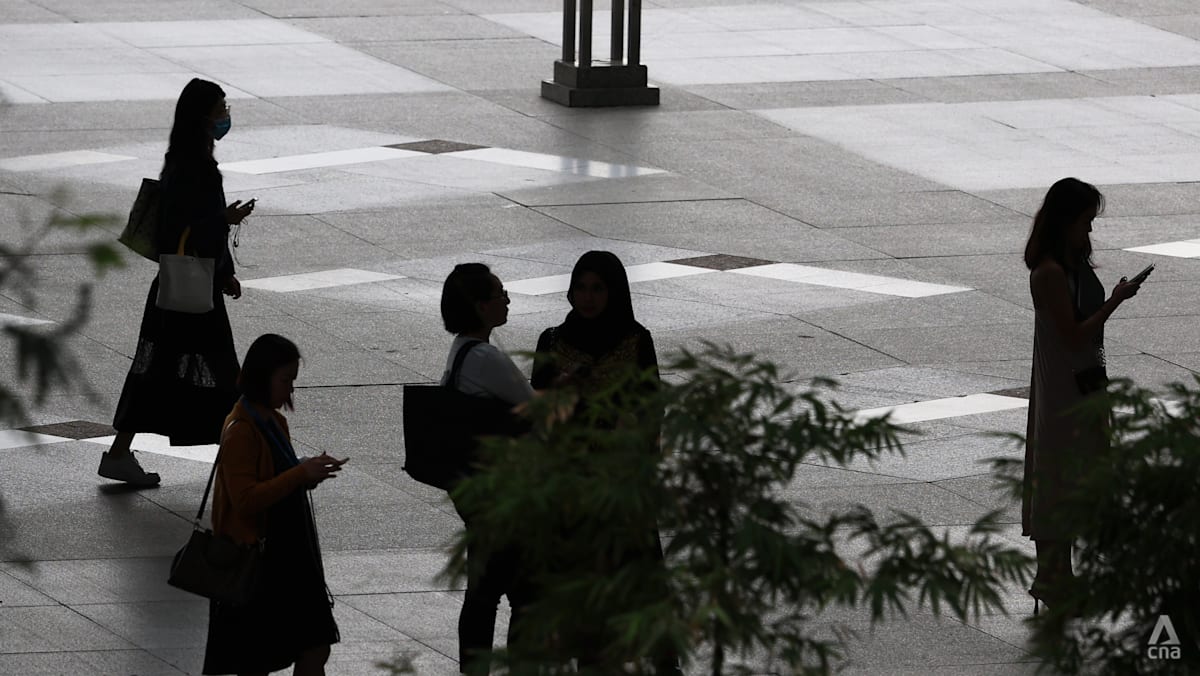After spending more than a decade working in marketing roles for global enterprises, Ms Sophia Ng, 36, decided to leave the corporate world behind.
She was inspired by the way her eight-year-old daughter learned and grew through play, so in 2022 she co-founded Kidztropic, an indoor play space that was aimed at being both fun and educational for children.
“During my younger days, climbing the corporate ladder was very important to me, but after 9 to 10 years, I didn’t need titles to justify my value as a person,” she said.
Her decision to swap the office for slides and trampolines reflects a larger trend among women, who are keen to strike out on their own.
The number of women-owned companies in Singapore grew from 16,300 in 2010 to 36,000 in 2022, data from the Department of Statistics showed. This accounts for one in four of all resident-owned companies that year.
Their contribution to the economy has also expanded sharply: Female-owned companies accounted for 21.3 per cent of the total revenue of resident-owned companies in 2022 – up from just 10.3 per cent in 2010.
Despite their growing presence, however, women-owned businesses are not keeping pace with their male counterparts.
New data from OCBC found that women-owned small and medium enterprises (SMEs) in Singapore experience about 30 per cent lower sales turnover growth in their first three years compared to those owned by men.
The struggle with early revenue is a struggle that Ms Ng knows all too well. While her startup provides indoor play spaces for children, her entrepreneurial journey thus far has been far from child’s play.
Ms Ng’s first outlet at The Poiz Centre faced an unexpected one-month delay in opening, while her second outlet at Annex@Furama was delayed for twice as long.
With their initial revenue projections and operational timelines gone awry, Ms Ng and her co-founder opted to bootstrap their way out of debt, using personal funds to sustain operations.
